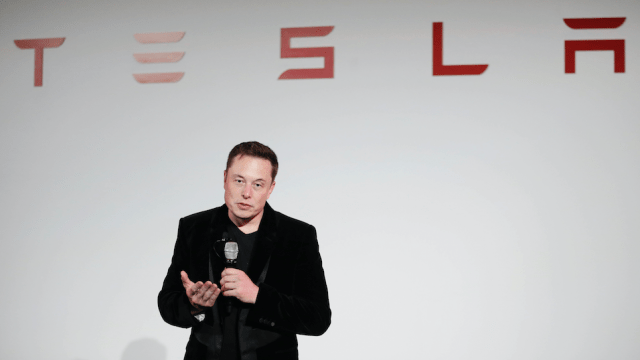Elon Musk’s SolarCity acquisition played a large part in breaking the US solar industry’s five-year winning streak, according to a report released Wednesday from the Solar Energy Industries Association and Greentech Media. Overall, residential solar sales are down 13 per cent in the US this year, following five straight years of gains. After being acquired by Tesla, where Musk is CEO and founder, SolarCity’s door-to-door sales pushes became much less aggressive, a drop that echoed across the market, the report said.
Solar boomed during the Obama years, propped up by generous federal subsidies, tax breaks for installations, and stringent environmental regulations. Solar sales rose 19 per cent in 2016 and roughly 30 per cent of the national solar market came from SolarCity between 2014 and 2016.
A lot’s changed since then.
US President Trump has dismantled Obama-era environmental protections, blaming them for rampant unemployment among miners. Not only is that a lie – coal’s decline began decades ago — but without the threat of penalty, there’s less incentive for companies to pursue cleaner energy sources. Similarly, EPA chief Scott Pruitt has said publicly he wants to “do away with” all federal subsidies for renewables, effectively removing both the carrot and the stick for pushing consumers and businesses to renewable energy.
According to the report, Tesla’s residential solar sales this quarter are 42 per cent lower than they what they were this time last year. Its overall share in the market has dropped from 25 per cent last year to 14 per cent. Similarly, the three biggest solar markets in the US – California, New York and Massachusetts – all saw drops in new installations. In Massachusetts, sales dropped by more than 50 per cent. The report attributes this to “the impact of pullback from national providers.”
The stifling political climate may or may not explain the paradigmatic shift in SolarCity’s sales approach after being acquired.
“They spent a lot of money making people aware of what solar can do and all of us little guys have been the beneficiaries of that,” Jim Petersen, owner of a California-based solar company, told Reuters.
SolarCity employed an aggressive door-to-door sales push, offering homeowners solar panels for no money down. Not only was the company a big part of sales, it informed people about solar’s viability as an alternative to fossil fuels. The shift, whether it’s motivated by the dark clouds on the political horizon or not, had a hugely outsized impact on the market because SolarCity was driving the industry’s enormous growth.
